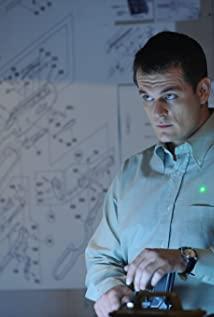True, conscience is an extremely elusive personal good. His meaning, like the true face of justice, is so obscure that it cannot be expressed. Therefore, in an ever-evolving society, we have invented countless regulations and algorithms to try to quantify the uncertainty of human sensibility into distinguishable standards and purposes. Among them, numbers, laws, charts, and dialectics are the condensed models of all these quantitative processes. They are responsible for presenting a series of rational relations to people, and then, through purely theoretical techniques, replace what should be good and evil with event particles that only exist for a purpose. Therefore, under this purely materialistic thinking, our conscience is completely replaced without knowing it. As a result, businessmen began to think that profit maximization was an efficient algorithm of excellence; legal experts began to think that the legal theory was the only justice in the world; statisticians began to think that data charts were the key to social problems; the masses began to think that Only material filling can satisfy the blankness of the empty heart. In the end, we have all become sanctimonious theorists, drivers of social machinery, before a single madness. We are no longer human, but reduced to a rotating part, a tool to be used. In the "upper" in the movie, the police are precisely such a tool.
So in the film, it says: "The law is ruthless." This is telling us that all quantitative standards can only distinguish between right and wrong, but not good and bad; all theories that cancel conscience will only Distinguish between good and bad, not good and bad. The film presents people's dependence and blindness on the quantitative system in an ironic way. Perhaps it is also a reminder to those who have forgotten their conscience and remind them of the nature of good and evil. Although this essence is always full of ambiguous expressions that are difficult to distinguish. But I always believe that if systems and standards no longer express conscience, then our world will always be a world in which conscience has been replaced; then our justice will always be an empty adjective with no meaning.
Like the adjective politist.
View more about Police, Adjective reviews











